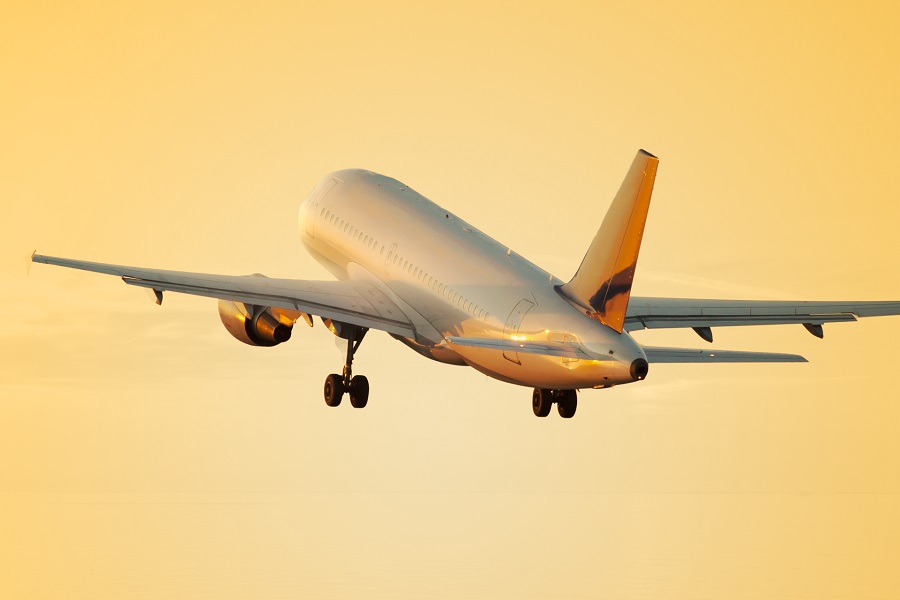Aviation has revolutionized transportation in countless ways, transforming the world we live in today. From its humble beginnings to the modern era of air travel, this article explores how aviation has reshaped transportation systems, connecting people and places like never before. Join us on a journey through time as we delve into the profound impact of aviation on the way we move.
- The Birth of Aviation:
The Wright Brothers' historic flight in 1903 marked the birth of aviation, opening up a new era of transportation possibilities. This groundbreaking achievement paved the way for the development of aircraft and the subsequent transformation of transportation systems worldwide. - Speed and Efficiency:
One of the most significant contributions of aviation to transportation is its unparalleled speed and efficiency. Air travel allows people to reach distant destinations in a fraction of the time it would take using other modes of transportation. This has not only facilitated personal travel but has also revolutionized the movement of goods and services, enabling global trade and economic growth. - Connecting the World:
Aviation has played a pivotal role in connecting the world, bridging gaps between continents and cultures. With the advent of commercial airlines, people can now explore far-flung destinations with ease, fostering cultural exchange and tourism. Additionally, aviation has facilitated international business collaborations, enabling companies to expand their reach and establish global networks. - Economic Impact:
The economic impact of aviation on transportation cannot be overstated. The aviation industry has created millions of jobs worldwide, ranging from pilots and flight attendants to ground staff and maintenance crews. Airports have become bustling hubs of economic activity, attracting businesses and generating revenue for local communities. Moreover, aviation has spurred the growth of related industries such as tourism, hospitality, and logistics, further contributing to economic development. - Technological Advancements:
Aviation has been a catalyst for technological advancements, driving innovation in various fields. From aircraft design and engineering to navigation systems and safety protocols, the aviation industry has constantly pushed the boundaries of what is possible. Many of these technological advancements have also found applications in other sectors, enhancing transportation systems as a whole. - Environmental Considerations:
While aviation has brought numerous benefits to transportation, it is essential to address its environmental impact. The industry has made significant strides in reducing carbon emissions through the development of more fuel-efficient aircraft and the implementation of sustainable practices. However, ongoing efforts are necessary to mitigate the environmental footprint of aviation and ensure a greener future for transportation.
Conclusion:
Aviation has transformed transportation in unprecedented ways, revolutionizing the way we travel, connect, and conduct business. From its humble beginnings to the present day, aviation has brought speed, efficiency, and global connectivity to transportation systems. As we continue to embrace technological advancements and address environmental concerns, the future of aviation holds even more promise for shaping the way we move and explore our world.



